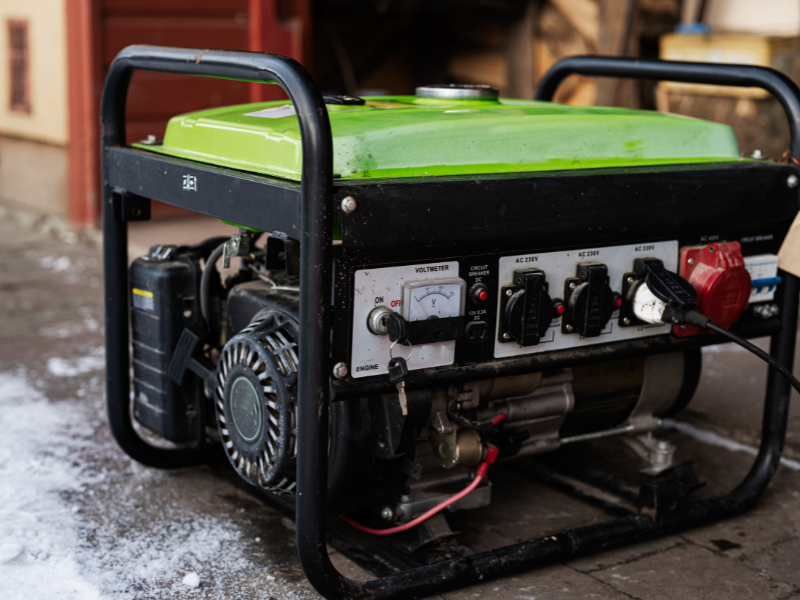
During harsh winters or summers, when your home loses power, you depend on your generator to kick in and keep your HVAC system going. Imagine if your generator won’t start. It is frustrating and can cause a lot of discomfort. Here are some of the common reasons your generator won’t start and what you can do about it.
Six common reasons why your generator won’t start
Battery failure
Battery failure is one of the most common reasons why a generator won’t start. This could be due to sulfation build-up or a loose connection. Sulfation is the build-up of lead sulfate crystals on the surface and pores of the active materials of the lead plates. In case the sulfation is left unchecked, it can form larger crystals, and the battery capacity will reduce. Eventually, the battery will stop working.
A battery failure can also result from a problem with the charger breaker. You can reduce the risk of battery failure by replacing the batteries at least once in three years or as recommended by the manufacturer.
Lack of fuel
If your generator hasn’t been used for a long time and you haven’t paid attention to it either, it is possible that it has run out of fuel. An internal combustion engine is the heart of your backup generator. So, it needs fuel to run the engine. In the absence of enough fuel, the generator won’t start.
Low oil levels in the engine
Oil is essential in your generator’s engine. It lubricates the moving parts when running and reduces wear. It also prevents the engine from seizing and helps cool down certain parts. Oil also helps prevent corrosion when unused for a short time period. Most generators have a sensor that tells you when the oil levels drop. You can also check the oil levels using a dipstick. If the oil level is low, refill it with the right kind of oil as per the manufacturers’ recommendations.
Damaged spark plug
A damaged or dirty spark plug can prevent your generator from starting. Check your generator’s spark plug, and if it is dirty, clean it carefully. Remove all the dirt and debris. If you notice any broken electrodes or other kind of damage, replace the spark plug.
Clogged fuel valve
If your fuel tank is full, but the generator won’t start, it could be due to a problem with the fuel line or fuel valve. The fuel valve is used to control the fuel flow from the tank to the engine. When starting your generator, make sure that the fuel valve is in the open position. If the generator still won’t start, try opening the vacuum relief valve on the top of the fuel tank and unplug the outlet hose to check if the fuel is flowing properly. Also, check the fuel filter for any blockages.
Clogged carburetor
If you are using your generator after a long time, a clogged carburetor may prevent it from starting. The carburetor may have become clogged by old gasoline. You can easily fix this problem by shutting off the fuel valve and opening the carburetor drain (you can find it at the bottom of the carburetor’s bowl). If it doesn’t work, remove the bowl and clean out the stale fuel.
This is a general overview of generators of different types and sizes. There could be various other reasons why your generator may not start. It is best to seek the services of a technician to diagnose the problem and fix it.
If you’re experiencing trouble getting your generator started, don’t hesitate to reach out to our team today. We’re here to help you resolve any startup issues promptly and efficiently.
